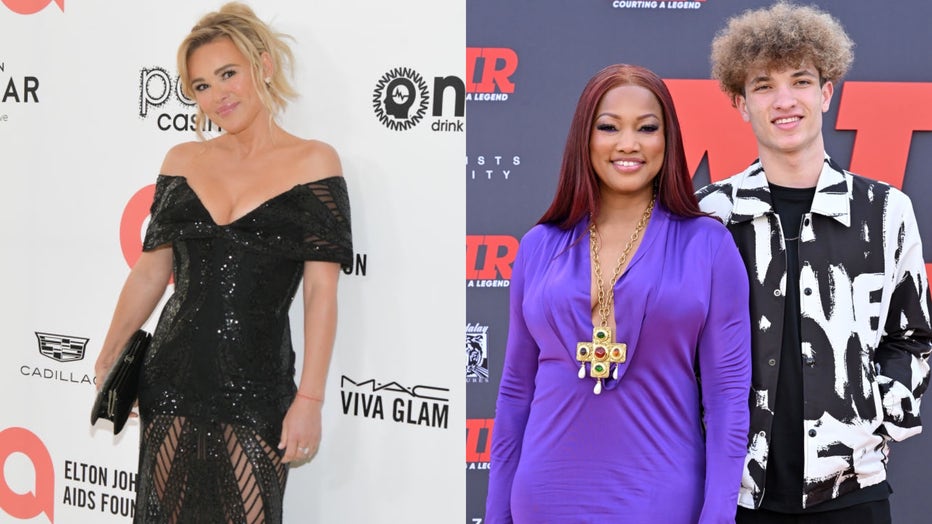‘RHOBH’ lawsuit: Judge says facts don’t support Diana Jenkins’ privacy invasion claim
LOS ANGELES COUNTY, Calif. - A judge has ruled that a lawsuit filed by former "Real Housewives of Beverly Hills" cast member Diana Jenkins in an effort to expose the bots who cyberbullied Garcelle Beauvais' 14-year-old son does not provide evidence to support Jenkins' single claim for false light invasion of privacy.

(Getty Images)
Van Nuys Superior Court Judge Virginia Keeny made the finding Monday while denying a request by Jenkins' attorneys for a broader order to uncover the people behind the false Instagram accounts used to send 14 racist messages to her former costar's offspring.
Jenkins' attorneys had asked the judge to allow them to serve deposition subpoenas on Comcast Cable Communications LLC, Verizon Business Network Services LLC, Colo Crossing, Scaleway Inc., Inter Connects, Inc., LeaseWeb USA Inc., MPower Communications Corp. and B2 Net Solutions Inc., also known as Servermania USA Inc. Keeny heard arguments on March 23 and took the issues under submission before ruling Monday.
The judge had previously given Jenkins' lawyers authority to present a deposition subpoena to Meta Platforms Inc., but Jenkins' lawyers said the information obtained was still insufficient to identify the perpetrator. In Monday's ruling, the judge said she has had second thoughts about previously granting the Meta Platforms subpoena. Meta owns Instagram.
Jenkins' attorneys maintained their client had an action for false light invasion of privacy claim because the offensive comments about the boy were posted with the attempt to portray Jenkins as the one who directed, orchestrated, participated or approved them. But the judge disagreed, saying she could not find a case "that allowed such attenuated facts" to support Jenkins' claim.
"The reasonable take-away from anyone reading these posts is that they were created and posted by rabid fans of the program who were supporting (Jenkins) in her ongoing, highly orchestrated feud with the boy's mother on `Real Housewives of Beverly Hills,"' the judge wrote. "Had the individual or individuals who posted these messages created posts that made it appear that they had been authored by plaintiff, the situation would be different. But here, the users posted these messages with their own user identity, photo, idiosyncratic fonts and spelling, and unique writing styles."
The judge further said that while some of the postings are "vile" and "hurtful," none show they were written by Jenkins or posted at her direction.
"The Instagram users who posted these comments used their own monikers, none of which include plaintiff's name," the judge wrote.

